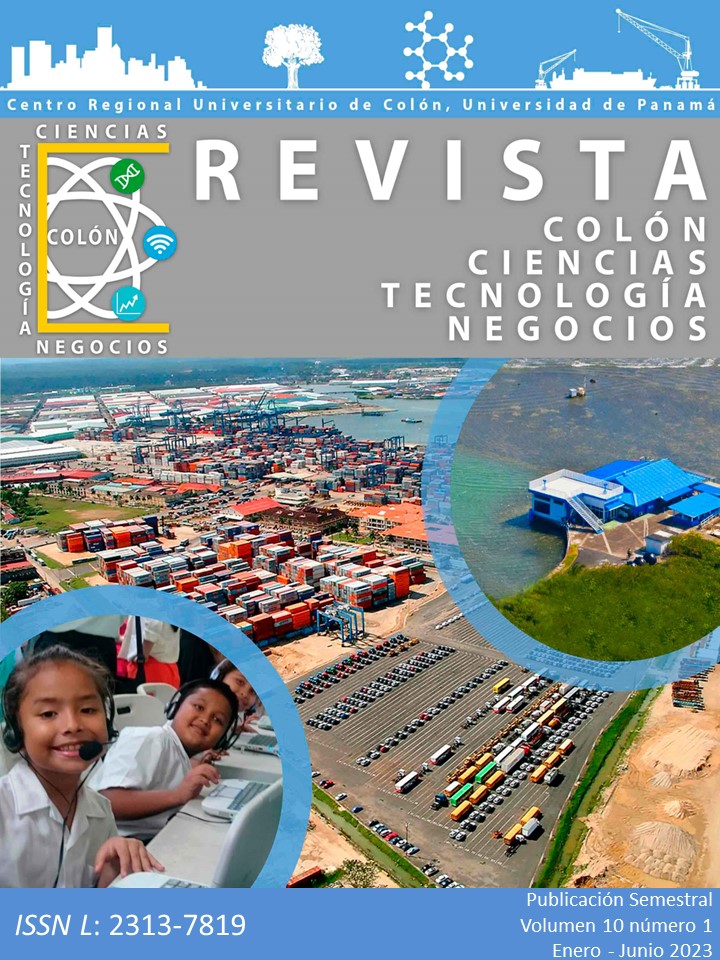


This work is licensed under a Creative Commons Attribution-NonCommercial-ShareAlike 4.0 International License.
Environmental contamination is a process that encompasses different factors that have to do with the incorporation of biological, chemical, or physical agents into a non-corresponding environment, such as water, air and soil. The purpose of this investigation is to propose an environmental management plan in a company that produces and markets handmade sweets in the Rocafuerte canton of the Manabí province. A qualitative type of approach based on a cross-sectional design is used for gathering information and analysis of visual observation. A field study method was applied by using checklists, observations and interviews with the administrator and staff of the company under study. The results indicated a compliance of 58% of the environmental management criteria, mainly considering the parameter of waste generation by the company, as well as an analysis of the liquid effluent giving a high value of the total suspended solids with the presence of fat and oil. As a conclusion to the improvement plan, environmental preventive measures are proposed, such as the design of an environmental management system for proper waste management and sewage discharges, among others, to reduce environmental impact.